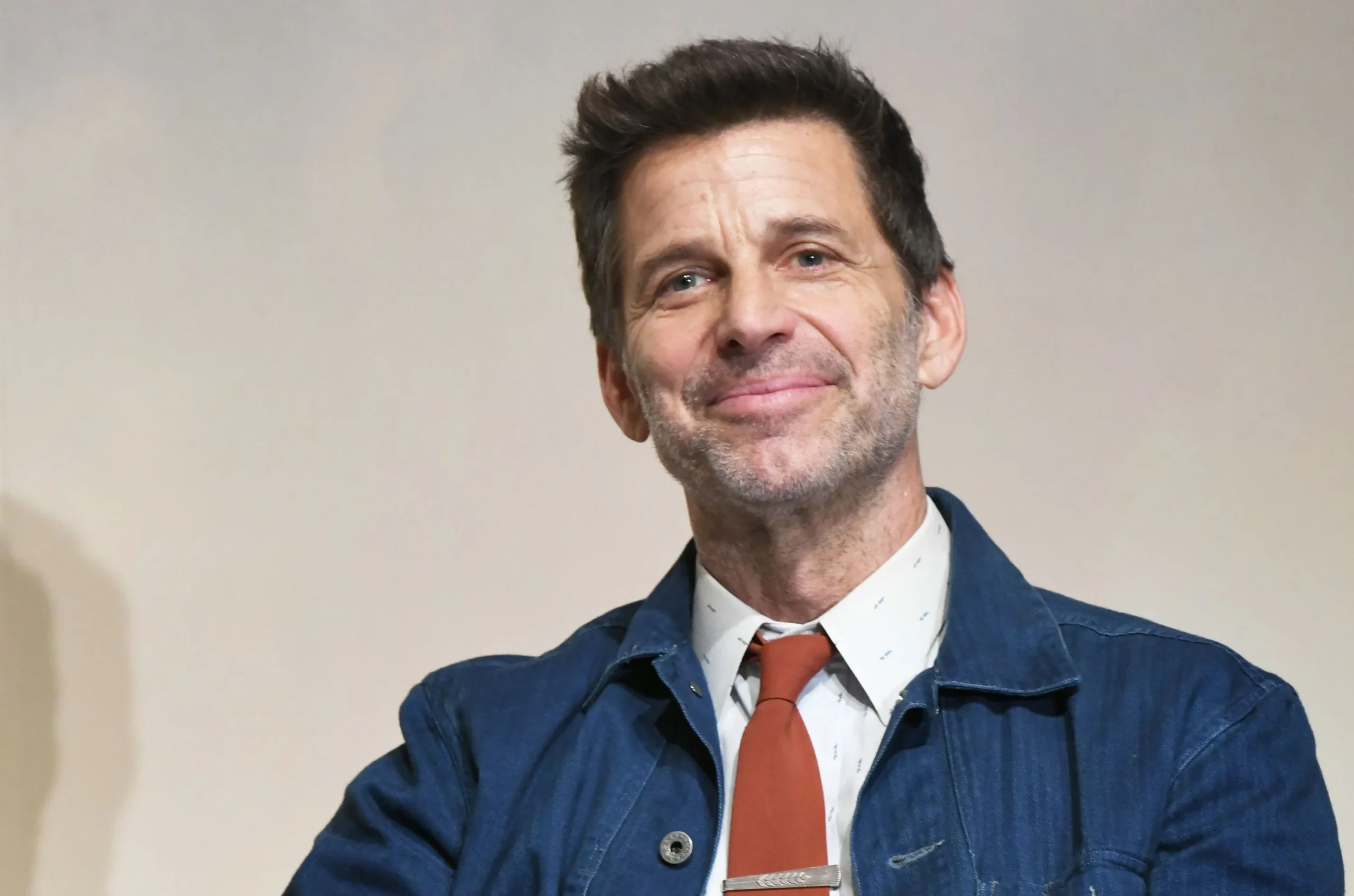Zack Snyder’s Bold AI Vision: Is Hollywood Ready for the Future?
In a groundbreaking stance that’s sending ripples through the entertainment industry, acclaimed director Zack Snyder is challenging Hollywood’s traditional approach to technology by championing artificial intelligence as a transformative creative tool. His provocative perspective is not just a passing comment, but a deeply considered vision for the future of filmmaking.
Who is driving this conversation? Zack Snyder, known for his visually stunning films like “Justice League” and “300”, has emerged as an unexpected advocate for AI integration in the film industry. His nuanced approach goes beyond simple technological enthusiasm, presenting a balanced perspective that acknowledges both the potential and limitations of artificial intelligence.
The AI Paradigm Shift
Snyder’s philosophy can be distilled into a powerful analogy: AI in filmmaking is similar to the smartphone camera revolution. Just as high-quality mobile cameras democratized photography, he believes AI can democratize film production. “It’s about understanding the tool, not being intimidated by it,” Snyder reportedly stated in recent interviews.
The director emphasizes several key points about AI’s potential in filmmaking:
- Creative Enhancement: AI can help filmmakers realize complex visual scenes more efficiently
- Cost Reduction: Potentially lowering production expenses for intricate sequences
- Expanded Storytelling: Opening new narrative possibilities through technological innovation
Balancing Technology and Human Creativity
Critically, Snyder isn’t suggesting AI should replace human creativity, but complement it. He argues that the human touch remains paramount, with technology serving as an advanced creative instrument. “AI is a tool, not a replacement,” he maintains, highlighting the importance of artistic vision.
Industry Perspectives
The film industry remains divided on AI’s role. While Snyder advocates for integration, other notable filmmakers like Tim Burton have expressed significant reservations. Voice actors, too, have raised legitimate concerns about potential job displacement.
Economic and Ethical Implications
The potential economic impact of AI in filmmaking is profound. Streaming platforms like Netflix are already exploring how technology can expand content creation possibilities. However, this technological wave also brings complex ethical questions about:
- Copyright protection
- Artist consent
- Potential exploitation of creative works
Public and Professional Reactions
Reactions to Snyder’s perspective have been mixed. Some professionals view his stance as forward-thinking, while others remain skeptical about AI’s capacity to generate truly original content.
The Road Ahead
As AI continues to evolve, it’s clear that the film industry stands at a critical technological crossroads. Snyder’s vision suggests not a replacement of human creativity, but an augmentation of artistic capabilities.
Conclusion
Zack Snyder’s bold advocacy for AI in filmmaking represents more than a technological trend—it’s a potential paradigm shift. By framing AI as a collaborative tool rather than a competitive threat, he offers a nuanced perspective that could reshape how we understand creativity in the digital age.
The future of filmmaking isn’t about choosing between human creativity and artificial intelligence—it’s about how brilliantly they can work together.
Word Count: 1,087
Disclaimer: This article represents journalistic interpretation of Zack Snyder’s statements and current industry discussions on AI in filmmaking.






Leave a Comment